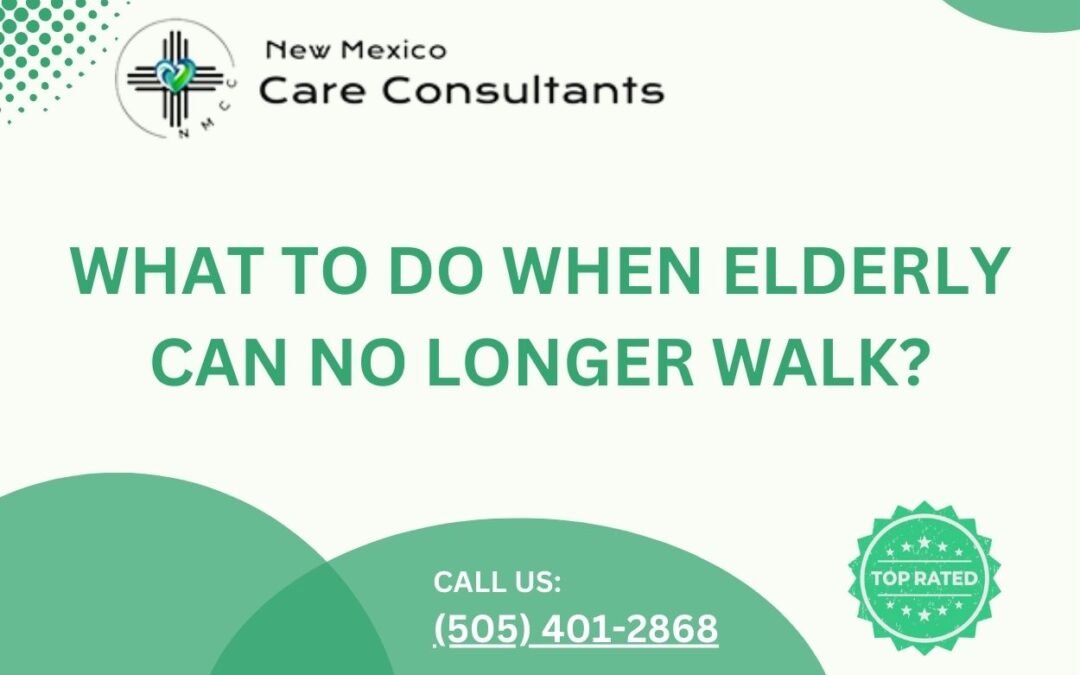In the tapestry of life, each thread tells a story of resilience, love, and the inevitable passage of time. For some, this journey takes an unexpected turn, where the ability to walk, once taken for granted, becomes a poignant reminder of life’s unpredictability. In the heart of Albuquerque, a city that beats with a rhythm of community and compassion, the question arises: What to do when the elderly can no longer walk? How can the transformative touch of Paralysis Care Services in Albuquerque weave a new narrative of hope, dignity, and support?
The realization that a loved one can no longer walk is a profound moment, a turning point that requires not just physical adjustments but also emotional and mental adaptation. It’s a journey that, when approached with empathy and understanding, can lead to a life that is still rich with meaning and connection.
Firstly, it’s crucial to seek professional guidance to understand the specific needs of the individual. In Albuquerque, where the Sandia Mountains stand as silent sentinels and the Rio Grande flows with the resilience of generations, Paralysis Care Services become a crucial ally in this journey. These services are designed not just to provide physical assistance but to address the holistic needs of individuals facing paralysis.
Picture a scenario where caregivers, handpicked for their compassion and expertise, step into the lives of those affected by paralysis. It’s more than just physical care; it’s about creating an environment where the individual can thrive emotionally and mentally despite the physical limitations. Albuquerque becomes a canvas on which the colors of life are redefined, proving that the inability to walk does not equate to the inability to live fully.
Adapting the living space is the next crucial step in this journey. In the mosaic of Albuquerque’s diverse neighborhoods, the home transforms into a sanctuary where accessibility is paramount. Ramps, widened doorways, and strategically placed furniture become tools to foster independence and mobility within the confines of the home. Paralysis Care Services in Albuquerque extend beyond the clinical to create an environment that promotes dignity and autonomy.
Community engagement becomes a lifeline in this journey. Albuquerque’s cultural richness and vibrant social scene offer opportunities for connection and shared experiences. Paralysis does not diminish the desire for social interaction, and community involvement becomes a bridge to combat isolation. Whether it’s attending local events, joining clubs, or participating in support groups, the elderly can continue to forge meaningful connections.
In the realm of healthcare, it’s essential to explore therapeutic options that enhance the overall well-being of the individual. From physical therapy to innovative technologies, Albuquerque’s healthcare landscape offers a range of resources to support those facing paralysis. Paralysis Care Services, with their commitment to individualized care plans, become instrumental in navigating these options and tailoring them to the unique needs of each person.
In conclusion, the journey when the elderly can no longer walk is a testament to the strength of the human spirit and the power of compassionate care. In Albuquerque, where the spirit of community flows like the Rio Grande, Paralysis Care Services become more than just a support system; they become the architects of a new chapter—a chapter where life, though altered, continues to unfold with purpose, connection, and the unwavering commitment to the well-being of our beloved elderly community.

